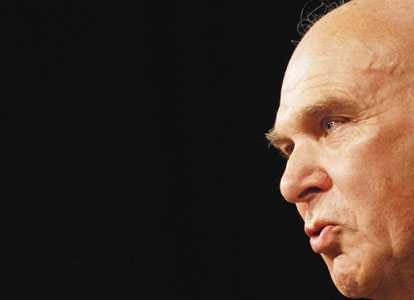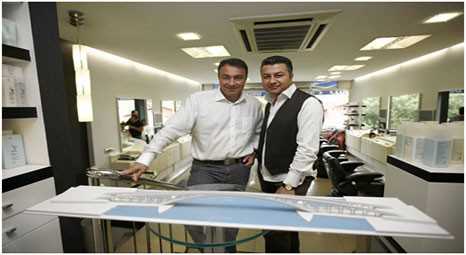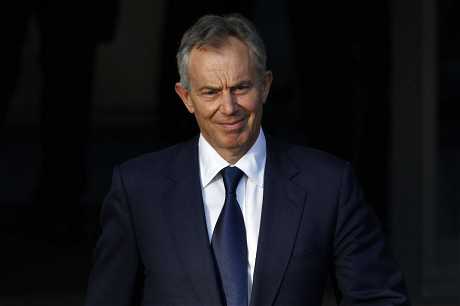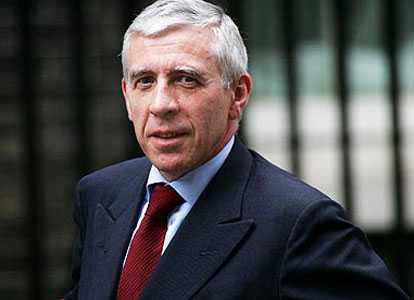Camp Bastion’s ‘Kill TV nights’ are intended to update troops on mission’s progress, says MoD
By Kunal Dutta

Disturbing footage of Apache attack helicopters killing people in Afghanistan is being shown to frontline British soldiers in “Kill TV nights” designed to boost morale, a television documentary will reveal.
The discovery of the practice comes in the wake of the damning verdict of the Baha Mousa inquiry into the conduct of some in the military. It casts fresh questions over the conduct of soldiers deployed abroad and has provoked a furious response from peace campaigners.
Andrew Burgin from Stop the War last night described it as the “ultimate degradation of British troops”, comparing it to the desensitisation to death of US soldiers in the final stages of the Vietnam War.
The footage, seen by The Independent on Sunday, shows ground troops at the British headquarters in Helmand province, Camp Bastion, gathered for a get-together said to be called “Kill TV night”.
Described as an effort to boost morale among soldiers, it shows an Apache helicopter commander admitting possible errors of judgement and warning colleagues not to disclose what they have seen. “This is not for discussion with anybody else; keep it quiet about what you see up here,” he says in the film. “It’s not because we’ve done anything wrong. But we might have done.”
Last night, the MoD confirmed the speaker to be Warrant Officer Class 2 Andy Farmer, who is based with the Apache squadron in Wattisham, Suffolk.
Much of the footage is along the lines of the now infamous video of a US Apache helicopter strike on civilians in Baghdad in 2007, first released on WikiLeaks last year. In one clip an Afghan woman is targeted after a radio dialogue between pilots refers to her as a “snake with tits”.
Another clip from a recent “Kill TV” night shows the cross-hair of an Apache helicopter taking aim at an insurgent. WOII Farmer gives a running commentary: “OK, so he’s walking along… then thinks… I’m gonna go off and get my 70 vessel [sic] virgins ’cause daylight’s coming quite quick.”
As the missile hits the target and kills the person, he says “Goodnight princess”, adding “this is where you see he’s actually had the clothes ripped off him by the blast”.
He defends the decision to celebrate the deaths of Afghans. “People look at it and say you know… young lads are laughing at the enemy being killed,” he says. “Well, I don’t know if the Taliban do something similar but I’m sure they rejoice when they kill one of us.”
When asked by the interviewer in the film what he thinks goes through the head of a Taliban fighter when they see an Apache coming, WOII Farmer replies: “Hopefully a 30mm bullet”.
Later in the film, he is defiant about the moral consequences of war: “We’re out there do to a job. We’re not there to tickle the Taliban, we’re out there to hurt them because they have no qualms about hurting us.
“Of the engagements that I’ve taken part in… I have absolutely no dramas with it. None at all. I don’t really care whether they think it’s a fair fight. If they’re [the Taliban] gonna pick up a weapon and take us on, then best of luck to them.”
But peace campaigners have a different view. Mr Burgin said: “The fact that British soldiers are reduced to watching what are effectively snuff movies shows the complete failure of the project in Afghanistan. It’s nothing to do with democracy, but a failure of war that is trickling down and resulting in a mental degradation among ground troops.
“Afghanistan is a dreadful situation and it is no better than it was a decade ago.”
The controversy is believed to have prompted a rethink of the way in which the MoD will limit access to soldiers by documentary makers in the future, according to senior sources.
Last night an MoD spokesman denied any wrongdoing. “Regular briefings occur within the Joint Helicopter Force to all their deployed personnel to provide an update on the operations that they have supported,” he said. “This in some cases shows footage taken from the Apache.”
The footage is included in a three-part series, ‘Fighting on the Frontline’, that starts on Channel 4 tonight
www.independent.co.uk, 25 September 2011






 Israel should have apologized to Turkey for its deadly raid on the Mavi Marmara aid ship, but instead allowed relations to deteriorate, according to United Kingdom’s former Foreign Secretary Jack Straw.
Israel should have apologized to Turkey for its deadly raid on the Mavi Marmara aid ship, but instead allowed relations to deteriorate, according to United Kingdom’s former Foreign Secretary Jack Straw.